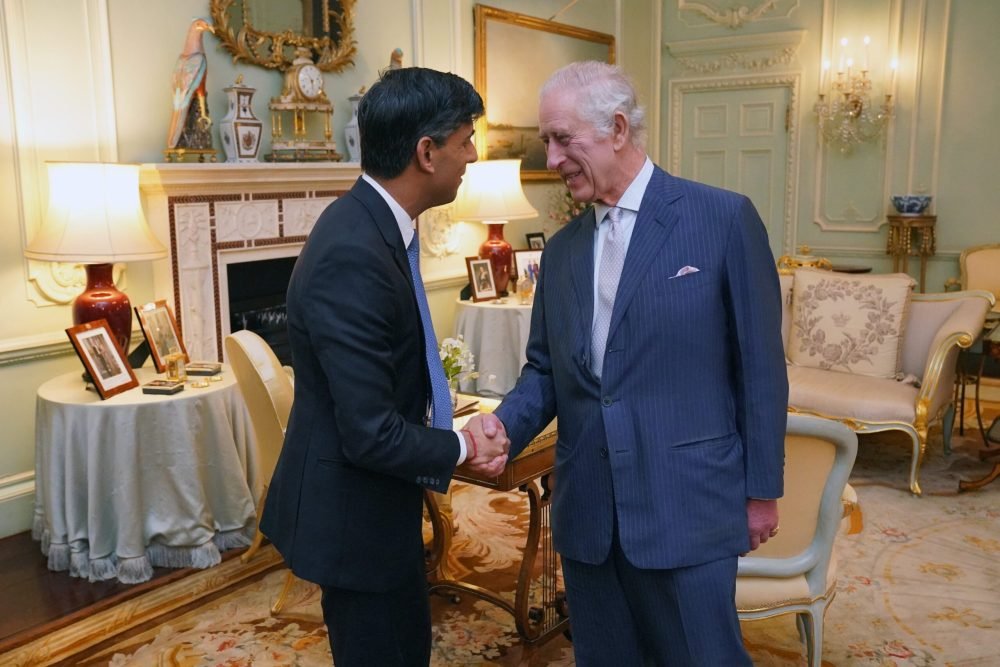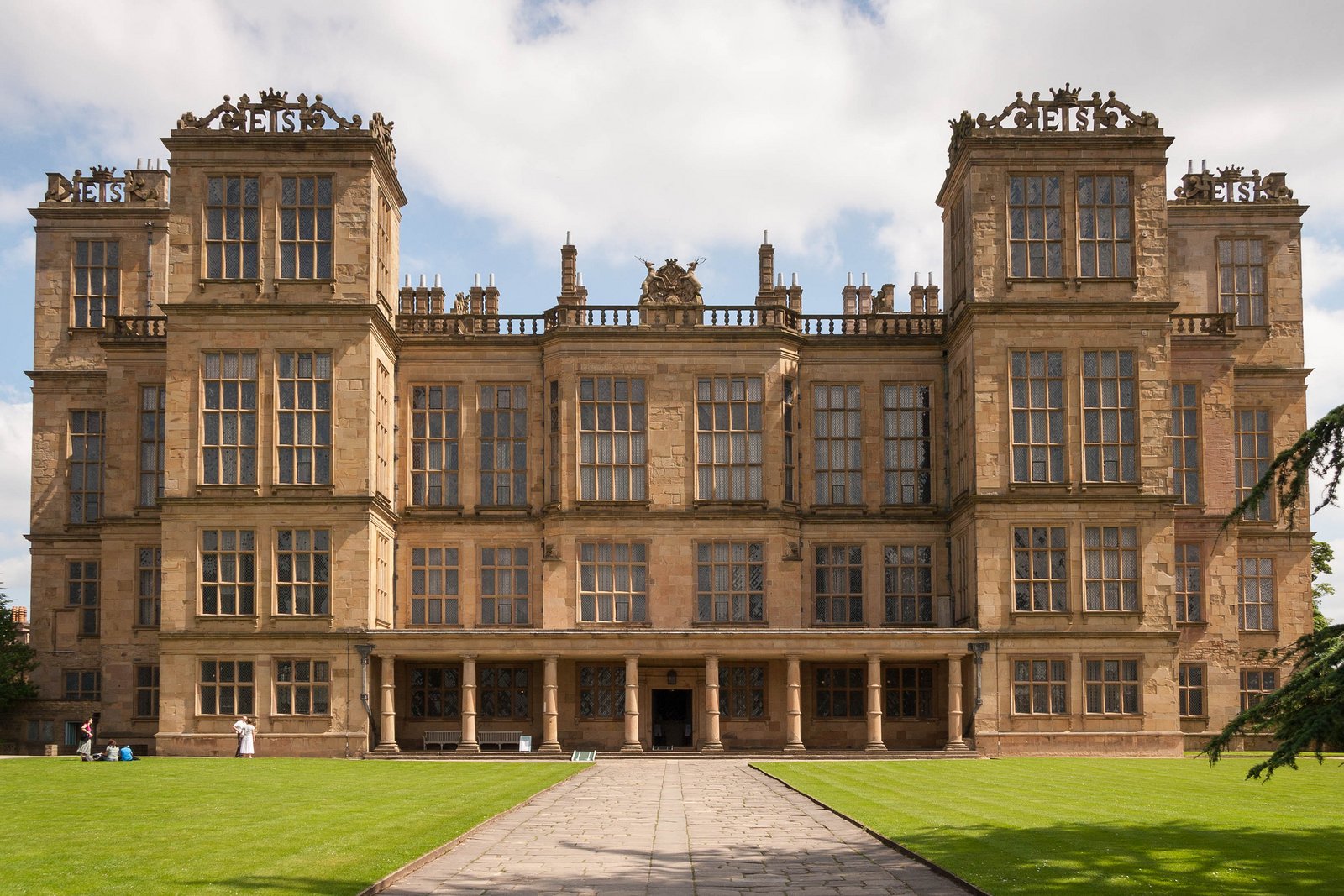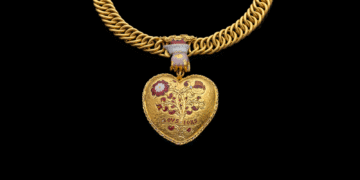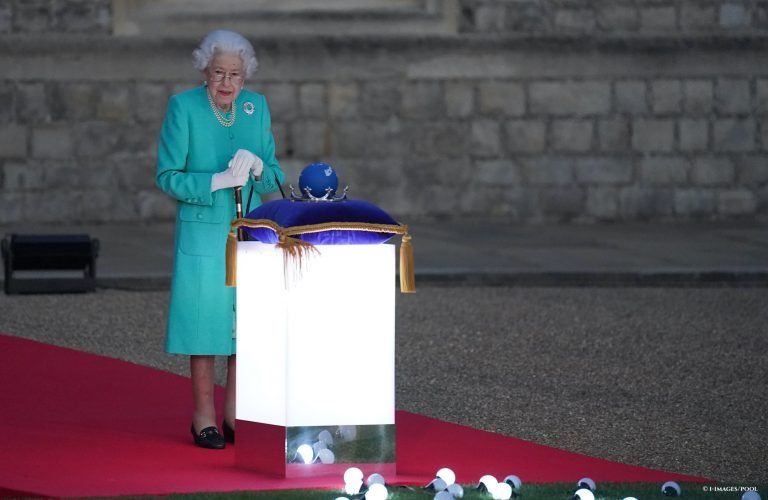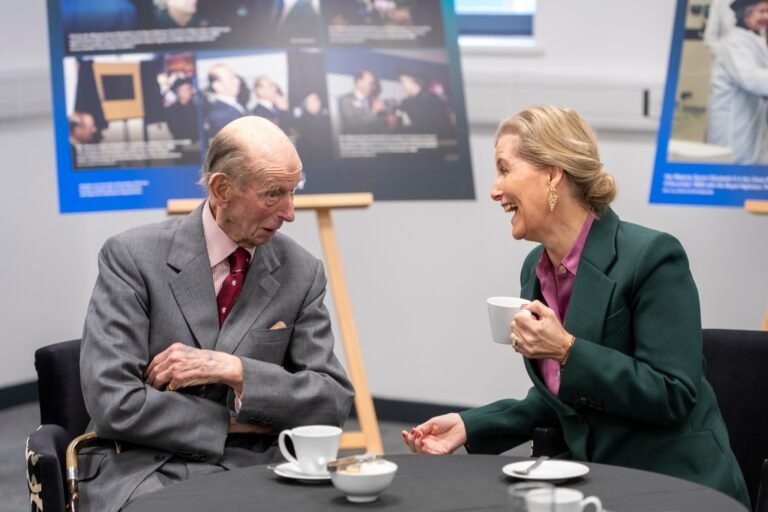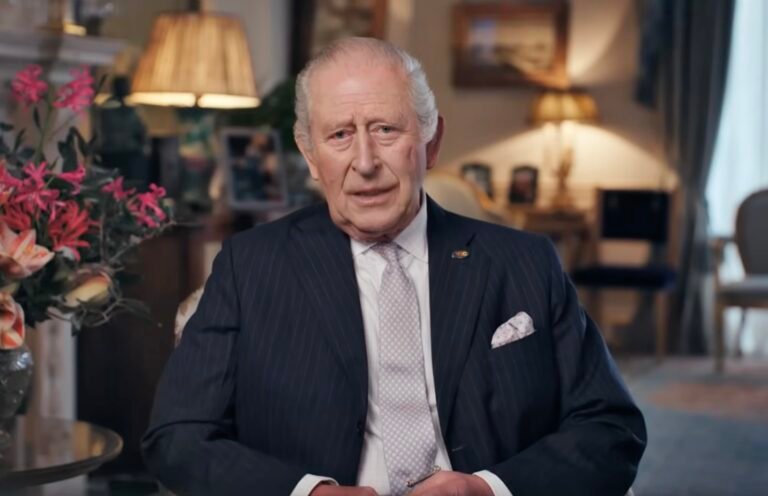With the general election results coming in, showing a Labour landslide, we’re taking a look at The King’s role in an election.
The following in-depth guide looks at a Monarch’s involvement in the process of democracy.
First, a quick reminder of the core tenets of the democratic system in the UK:
- The British system of constitutional Monarchy involves the two chambers that forms the Houses of Parliament (the House of Commons and the House of Lords), and the Monarch, who is Head of State.
- The government carries out the rule of law - including creating new laws and the distribution of justice - in the Monarch's name. However, the Monarch gives Royal Assent to bring laws into effect.
- Since the UK has no written constitution, the Monarch acts within the parameters of convention and precedent. They exercise royal prerogative (or their power) only on the advice of Ministers, usually from the Prime Minister or Privy Council, such as the appointment of a Prime Minister, or the declaration of war.
- A general election is measured through votes for a local representative (an MP). The party that is first to reach a majority of seats (326 of 650) wins the election in this First Past the Post system, to form a government in the Monarch's name.
Dissolution of Parliament
Following the announcement of a General Election, Parliament needs to be dissolved, which is where the Monarch comes in. Dissolution of Parliament is one of their key constitutional duties.

Once the decision has been reached to call an election, the Prime Minister seeks an audience with the Monarch wherever they are based at that moment; this might be Balmoral or Buckingham Palace.
If the Monarch is out of the country, the Prime Minister communicates with them by other means. For example, before the 1966 general election, Prime Minister Harold Wilson communicated with Elizabeth II while she was in the West Indies.
Following this audience, the British Prime Minister typically makes a public statement outside 10 Downing Street, announcing that the Monarch has granted their request for a dissolution of Parliament and therefore an election will be held.
Most recently, Rishi Sunak visited The King at Buckingham Palace to request this action be taken, before giving a televised statement outside of Number 10.
However, under the Lascelles Principles, a convention that describes the conditions for denial of a dissolution by the Monarch, The King could technically refuse. Such circumstances include:
– if Parliament remains ‘vital, viable, and capable of doing its job’
– if an election would be ‘detrimental to the national economy’
– if the Monarch could find another Prime Minister who could ‘govern for a reasonable period with a working majority in the House of Commons’.
Royal Proclamation
Following the grant of a dissolution, the Royal Proclamation is given, which discharges Parliament; this means all seats in the House of Commons become vacant ahead of polling day and no further government business can take place. This is also called purdah, the pre-election period.
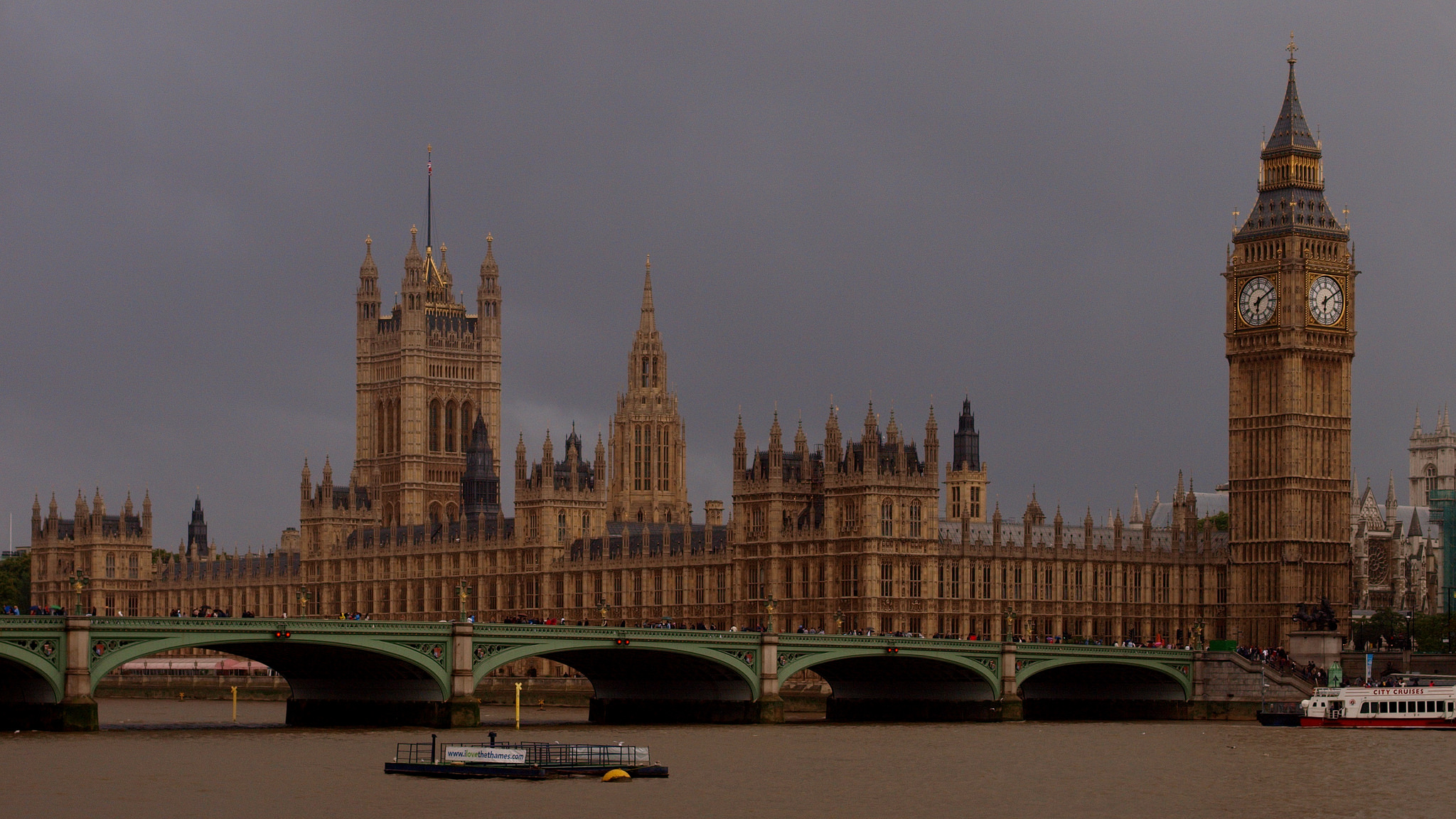
A proclamation takes place in the form of a ceremony in the House of Commons chamber. Similar to the State Opening of Parliament, Black Rod summons MPs to the chamber to hear a speech that has been written by the Government.
Unlike the State Opening, the ceremony is presided over by a group of Lords, instead of the Monarch. For the occasion, members of the upper chamber wear the traditional scarlet robes and tricorne hats.
During the ceremony, the final Acts to receive royal assent and become law are also announced. Any draft legislation that has not become law will fail and need to go through the full process once more.

Dissolution proclamation
A dissolution proclamation is authorised by the Monarch at a meeting of the Privy Council. These are usually attended by Privy Counsellors, including those who may be senior ministers.
The Monarch then signs the Proclamation and directs the Lord Chancellor to affix (attach) the Great Seal, visibly demonstrating the Monarch’s approval. At this point, the document is legally binding. This normally happens on the same day the Proclamation is issued.
The text of a dissolution proclamation is able to do a number of things:
– It dissolves Parliament and ‘discharges’ MPs and peers;
– Orders the Lord Chancellor to issue writs summoning peers to the House of Lords and for the election of MPs to the House of Commons;
– Sets the date for the first meeting of the new Parliament.
The text of the dissolution proclamation for the 2024 General Election shows the continued use of a very old style of language in legal documents:
‘Whereas We have thought fit, by and with the advice of Our Privy Council, to dissolve this present Parliament, which stands prorogued to Friday, the thirty-first day of May: We do, for that End, publish this Our Royal Proclamation, and do hereby dissolve the said Parliament accordingly: And the Lords Spiritual and Temporal, and the Members of the House of Commons, are discharged from further Attendance thereat: And We being desirous and resolved, as soon as may be, to meet Our People, and to have their Advice in Parliament, do hereby make known to all Our loving Subjects Our Royal Will and Pleasure to call a new Parliament: and do hereby further declare, that, by and with the advice of Our Privy Council, We have given Order that Our Chancellor of Great Britain and Our Secretary of State for Northern Ireland do respectively, upon Notice thereof, forthwith, issue out Writs, in due Form and according to Law, for calling a new Parliament: And We do hereby also, by this Our Royal Proclamation under Our Great Seal of Our Realm, require Writs forthwith to be issued accordingly by Our said Chancellor and Secretary of State respectively, for causing the Lords Spiritual and Temporal and Commons who are to serve in the said Parliament to be duly returned to, and give their Attendance in, Our said Parliament on Tuesday, the ninth day of July next, which Writs are to be returnable in due course of Law.
‘Given at Our Court at Buckingham Palace, this thirtieth day of May in the Year of our Lord two thousand and twenty four and in the second year of Our Reign.’
Royal engagements
In line with protocol, members of the Royal Family postpone engagements that may appear to divert attention or distract from the election campaign.
The King’s role after a general election
Following a party commanding a majority – or alternatively, a coalition government may be formed – the party has the right to form a government.
The King’s role here is inviting the leader of the party to the palace the following day, asking them to form a government. By default, this makes the party leader the new Prime Minister.
If there is no clear majority, or if negotiations over government formation have not produced a clear answer as to who can command confidence to form and lead a government, then it is expected that political parties will establish who is best placed to do so; this ensures that The King is not pulled into political disputes.
According to the Cabinet Manual, ‘the Sovereign should not be drawn into party politics, and if there is doubt it is the responsibility of those involved in the political process, and in particular the parties represented in parliament, to seek to determine and communicate clearly to the Sovereign who is best placed to be able to command the confidence of the House of Commons’.
Can The King call a general election?
No – this is not within his power. The King’s role is to dissolve Parliament in order to facilitate an election, which is done at the request of the Prime Minister.
Can Royals vote in an election?
No, The King must remain apolitical, so does not vote.
Until 1999, royal peers – Dukes, Marquesses, Earls, Viscounts, Barons who are of royal blood – were able to sit and speak in the House of Lords. This meant they were legally unable to vote as members of the Lords.
Charles took his seat in the Lords back in 1970, while Prince Philip was introduced to the House of Lords on 21 July 1948, eight months after his marriage to Princess Elizabeth.
This image shows Prince Charles and Prince Philip wearing their scarlet Parliament robes of peers in 1970.
A reform of the House in 1999 saw the Royal Family withdraw from exercising these rights. This removed any legal barrier to voting, but it is understood the principle remained: Royals would not vote.
In 2020, The Duchess of Sussex said that Prince Harry had never been ‘allowed’ to vote, suggesting a mechanism that prevented it, as opposed to tradition; many claims about royal rules and practices from the couple after stepping back from royal life have since been refuted or disproven.

